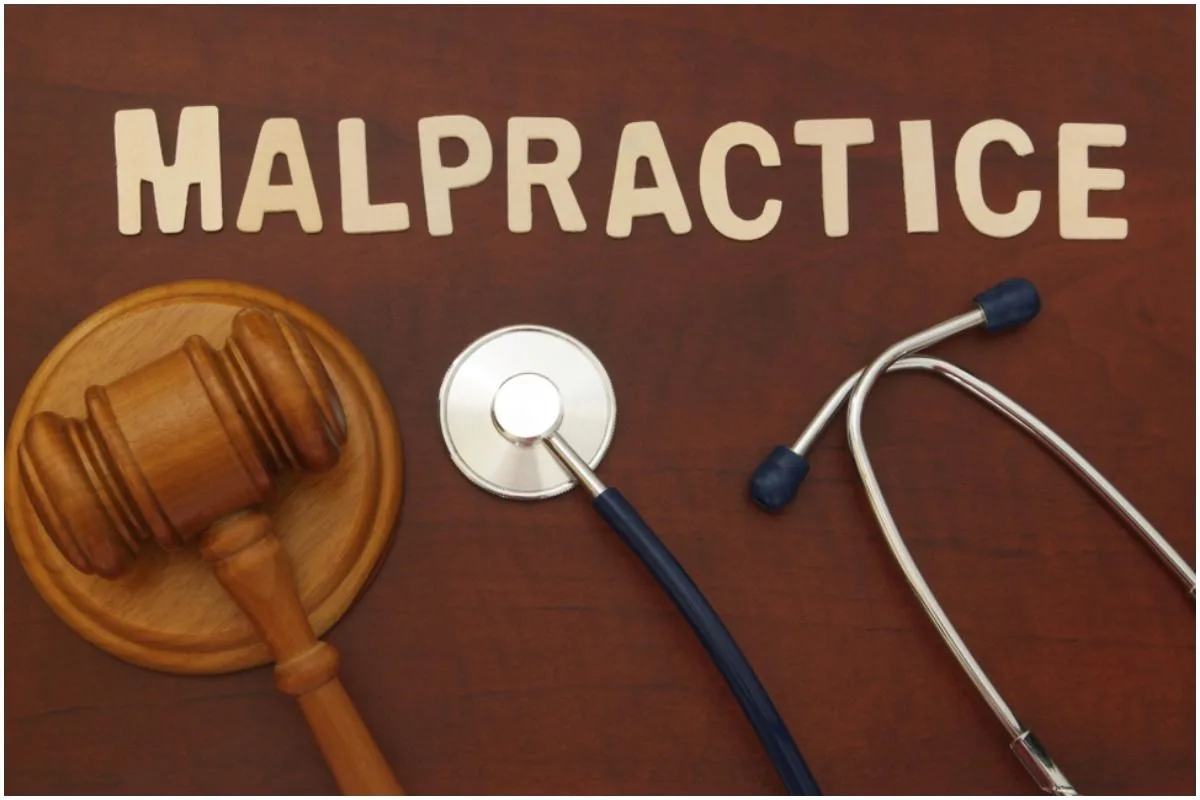Expert witnesses are important for many court cases and are almost always necessary in medical malpractice litigation, as 2009 research, The Expert Witness in Medical Malpractice Litigation published in Clinical Orthopaedics and Related Research noted.
As the paper explains, a professional has to be able to tell the judge and jury what the defending medical provider should have done or not done and whether or not that conduct constituted negligence.
Of course, there are some cases in which expert testimony isn’t necessary, such as obvious negligence. For example, if a surgeon were to leave a sponge or other piece of medical equipment inside of the patient.
Some states require written testimony from a qualified professional that asserts the case likely involves malpractice, while others have panels of medical experts who review cases before a lawsuit can proceed.
Witnesses often play a key role in a successful case, helping medical malpractice lawyers, including a personal injury lawyer in Kingston, PA, or anywhere else, to prove the essential elements like the following.
Showing the Appropriate ‘Standard of Care’
An expert witness in a medical malpractice case can show the judge and jury what the appropriate standard of care would be under the specific circumstances that led to the alleged malpractice.
They will explain what a prudent professional with similar training and education as the defendant and in the same medical community would have done under the circumstances, and what particular medical conditions would have been considered, identified, and treated.
What would their course of treatment have been, and how would a prudent doctor that was similarly trained performed that procedure?
As the standard of care is different depending on the particular circumstance, witnesses must be brought in to establish what the standard would be for the case.
The witness then compares the physician’s diagnosis and following treatment against that. If there are discrepancies between what should have been done according to the appropriate standard of care and the treatment the patient received, that could provide evidence of negligence.
Proving Negligence/Breach of the Standard of Care

Good luck images/Shutterstock
Expert witnesses provide opinions on the defendant’s failure to act or their actions in light of the standard of care. That can mean anything from a mistake during surgery to failure to properly diagnose.
Once the medical malpractice lawyer establishes negligence, they must show that the defendant’s negligence harmed the patient. Even if that professional deviated from the standard of care, that might not be why the negligence led to a poor outcome.
The witnesses review all aspects of the case, such as the defendant’s and plaintiff’s statements as well as statements given from anyone else involved, such as nurses and family members, along with all medical records.
After all of the evidence is reviewed, the witnesses will present their findings to the court, stating whether or not they believe the defendant’s negligence was the primary cause of injuries or other suffering caused to the plaintiff. The jury or judge will then consider the expert’s opinion before declaring a final verdict.
Memorable, Compelling Testimony
If an expert witness can present testimony that is memorable and compelling to the jury, it can make all the difference in whether or not the case is successful. The jury’s decision is often based, at least in part, on how effective the witness was in making complex medical information understandable to laypersons on the jury.
Featured image credit – one photo/Shutterstock
READ THIS NEXT: Does Hippocrates’ Oath still stand nowadays?
